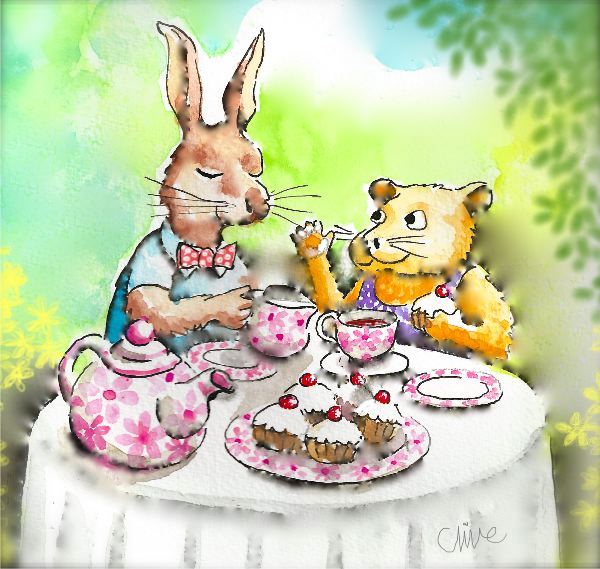

僕は日本に来たばかりの頃、「ミルクティー」という名前を初めて聞いてとてもワクワクしました。僕がまだ知らない日本の嗜好品かなと思ったからです。しかし、実際ミルクティーを買ってみてがっかりしてしまいました。ミルクティーはただの「tea with milk」だったからです。
このように、ネイティブが日本人の口から「milk tea」という言葉を聞いたら、ミルクを入れた紅茶ではなく、なにか変わった飲み物を想像するでしょう。そうです、「ミルクティー」は和製英語なのです。
I like tea with milk better than coffee.
僕はコーヒーよりミルクティーが好きだ。
ミルクを入れるか入れないかを相手に聞きたい時には、
Would you like your tea with milk or without?
紅茶はミルク入りかミルクなしどちらにしますか?
というフレーズが良いでしょう。
ちなみに、イギリスではミルクが入っていない紅茶は珍しいので、「tea」と言うと、「ミルクティー」が出てきます。

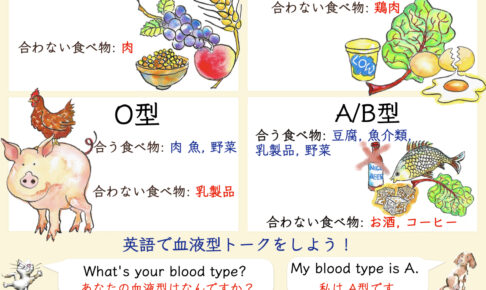
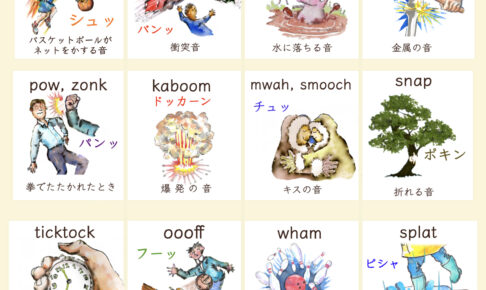
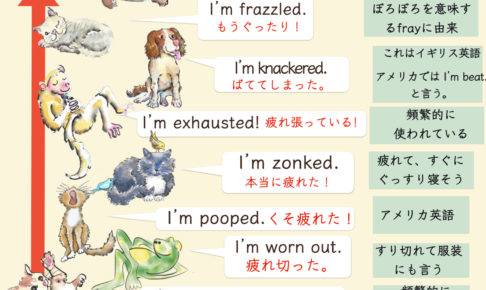
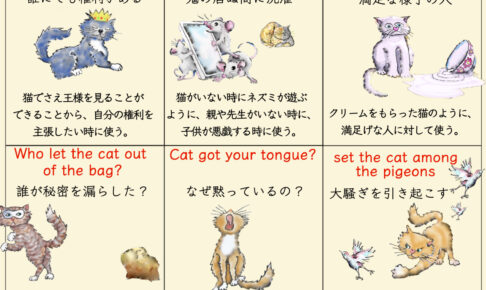




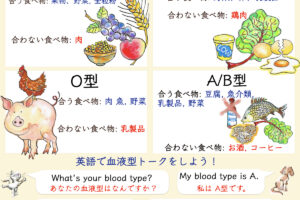
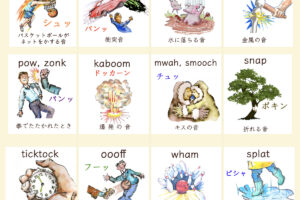
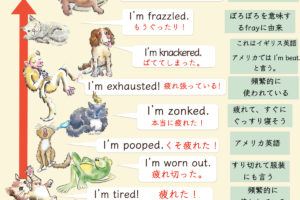
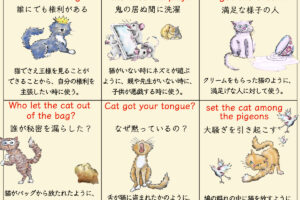
普段使ってる和製英語をいざ英会話で取り込んでみようとすると難しいですね。
ぜひ身近な和製英語を取り上げてほしいです!
Yes, it is very difficult. I will try to write about some more waseieigo soon.
レモンティーもtea with lemonって言うそうですね。
カレーライスはイギリスではcurry and riceというようですが、アメリカはそのままでいいのですか?
Yes, I think that “curry rice” is only Japanese English.
10年前ぐらい、イギリスの航空会社の飛行機に乗ったときお茶をお願いしたらwith milk or with lemonと聞かれました。
その時、サッパリしたくストレートなお紅茶が欲しくてno milk,no lemon and no sugar,please.と言うと、2、3回聞き返され、本当にいらないの?とげんそうな顔で
入れてくれました。
それがイギリス流なんですね^^;
I favor primitive leaf’s flavor of a tea.
言うと納得してくれたようです。
日本で海外の方にお抹茶をいれると、「砂糖は入れないの?」って聞かれることも多く、
同じお茶でも、文化の違いが面白いですね。
The differences are very interesting, aren’t they? I was surprised to see green tea in bottles when I first came here.
The first time I heard it, I really had no idea what 「プラスアルファ」meant. HAHA, why not to say “something extra”?!
OOPS, I wonder why not just say “something extra”?!
That’s another interesting 和製英語 word, isn’t it?
Do you call it “white tea” as well?
There is white tea, but it’s a different type of tea.
hello, Luke san.
it’s the first time for me to comment on here but i’ve been following and appreciating your posts for a long time 🙂
as for this post, i heard many people were saying “white tea” meaning “tea with milk” when i was in england. i found it really interesting :))
完全に別の言葉になっているならともかくミルクもティーも共通してるのに読み取れないのは聞く側の読解力に問題があるような気が……
What’s